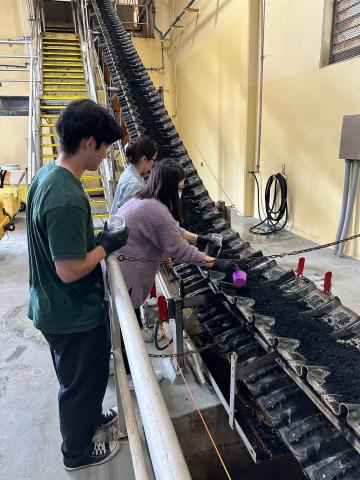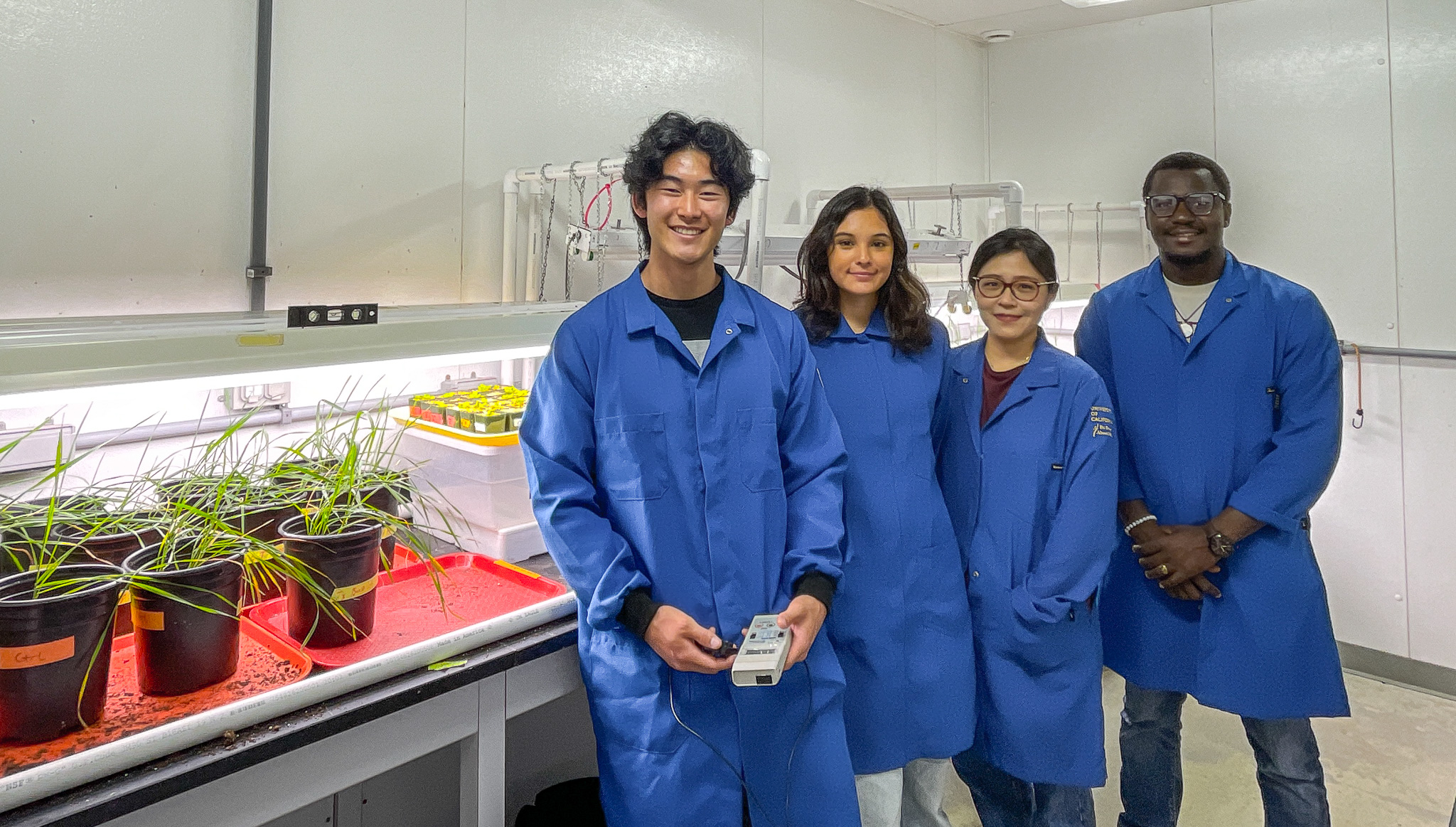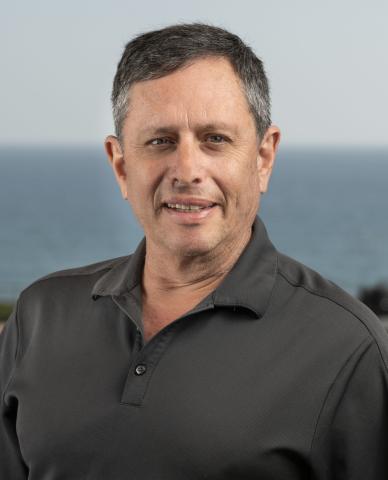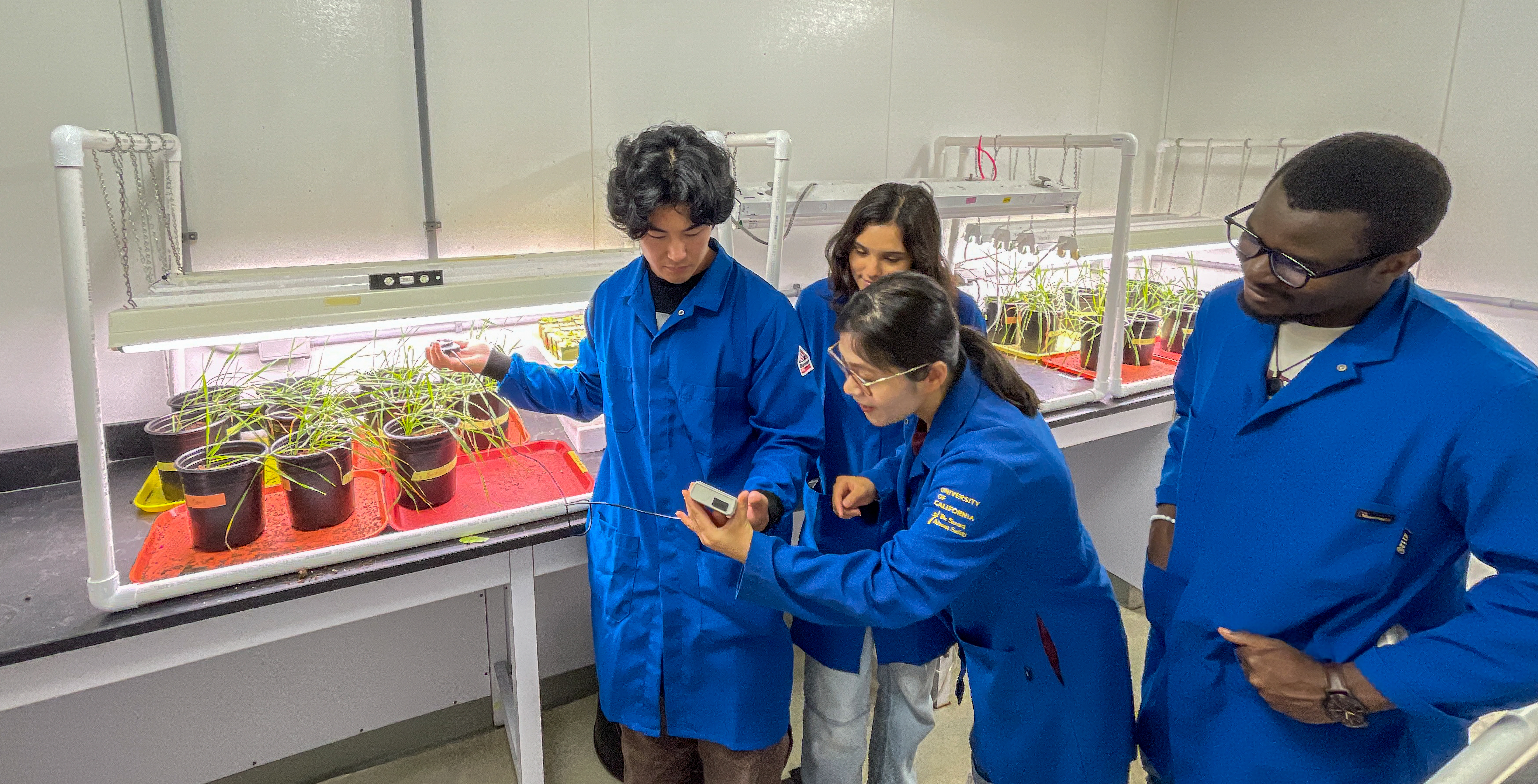Water Availability, Pollution, and the Importance of Clean Water
Clean water availability and pollution control are of paramount concern to populations worldwide, akin to pressing issues like climate change. While the spotlight often shines on climate change, the challenge of ensuring access to clean water remains equally critical. This is evident in California, as in many parts of the world, where water supply systems face growing pressures. Moreover, there's a mounting list of emerging contaminants, including microplastics, chemicals, pharmaceuticals, and Per- and Polyfluoroalkyl Substances (PFAS), that imperil water supplies.
Understanding PFAS: Persistent Contaminants with Long-lasting Impact
Among these emerging contaminants, Per- and Polyfluoroalkyl Substances (PFAS) demand special attention. PFAS are a group of chemicals employed in manufacturing products featuring fluoropolymer coatings, designed to resist heat, oil, stains, grease, and water. Their longevity, earning them the moniker "forever chemicals," presents significant challenges. They persist in the environment, infiltrating water supplies and ecosystems, causing detrimental effects on both human health and the environment.
PFAS in Biosolids: A Persistent Challenge in Water Treatment
PFAS contamination remains prevalent in biosolids, the solid byproducts of wastewater treatment plants. Historically, biosolids rich in fertilizing nutrients like nitrogen, phosphorus, and potassium (N/P/K) were used in agriculture. However, contamination has rendered this practice untenable. Biosolids were originally restricted from use because they contain pathogenic bacteria and viruses, but they also accumulate microplastics, compounding their environmental impact. While composting can effectively mitigate pathogens, many chemicals remain intact.
Tackling Water Challenges: Dr. Arturo Keller's Comprehensive Approach
The urgency of these challenges compels action. Dr. Arturo Keller, a distinguished professor at UC Santa Barbara's Bren School, is at the forefront of addressing these issues. His work encompasses expanding water supply reuse while maintaining safety for humans and ecosystems. This holistic approach spans potable water reuse, biosolids management, energy-efficient water treatment, and comprehensive strategies at the watershed level. Additionally, the Keller Lab conducts rigorous techno-economic evaluations to identify tailored solutions, considering the diverse socioeconomic landscapes of communities and the imperative of equitable access.
We are seeking approximately $50,000 to support students working with Dr. Keller, and the supplies needed to conduct the research over the next six months.
The Project: Assessing Risks and Innovating Solutions
The ongoing project focuses on evaluating the risks posed by contaminants like PFAS, pharmaceuticals, microplastics, and metals to agriculture and the environment. Equally significant is the pursuit of innovative solutions. In the summer of 2024, Dr. Keller will collaborate with the City of Santa Barbara, leading a team comprising two PhD students and three to four undergraduates in his lab. Their research encompasses various approaches, including extended composting periods, the conversion of biosolids into biochar at different temperatures, and complete combustion to harness energy from biosolids.
Exploring Biosolids-Derived Biochar: Enhancing Soil Health and Water Retention
Notably, biosolids-derived biochar emerges as a promising option. Biochar, increasingly popular as a soil amendment, enhances water and nutrient retention in soils. The Keller lab will investigate the risks biosolids- derived biochar may pose to vegetables grown in treated soils, alongside exploring the potential benefits of biosolids-derived biochar, evaluating options based on cost, effectiveness and feasibility.
Seeding Change: Private Philanthropy and Academia Making a Difference
The scope of these challenges has only recently gained recognition, with limited governmental funding available. Here, private philanthropy and academia play a pivotal role. Seed funding provides the essential catalyst, generating crucial information, raising awareness, and initiating solutions within communities. Thus, we actively seek approximately $50,000 to support students collaborating with Dr. Keller and acquire necessary research supplies over the next six months.

Affordable Solutions for Clean Water and Environmental Health
To reconcile the dual imperatives of safeguarding communities against pollution and developing sustainable water accessibility solutions, Professor Keller's research encompasses potable water reuse, biosolids treatment and management, and reducing the energy demands of water treatment processes. These efforts extend to comprehensive strategies at the watershed level. Collaborating with experts to develop scalable modeling systems, Keller envisions a transition from laboratory experiments to large-scale community implementation, equipped with insights into costs and trade-offs, enabling communities to make informed design choices. His research aims to level the playing field, recognizing the varying resources available to different communities.
Environmental Justice: Addressing Disparities in Water Access and Pollution
Water availability and pollution concerns are far from uniform across different populations. Communities downstream from industrial sites often bear the brunt of pollution. Inadequate or outdated water systems also pose risks to communities. Moreover, climate change impacts, including droughts and floods, exacerbate issues such as water loss, contamination, and scarcity. Safe and cost-effective water reuse can enhance sustainability for communities and society at large.
Training Environmental Leaders: Nurturing the Next Generation
This summer, students collaborating with Professor Keller are beneficiaries of the Bren Environmental Diversity Leaders (BEL) program. This initiative is made possible through the generous support of private donors. It includes one undergraduate student from an underrepresented background working alongside two PhD students during a 10-week paid internship. Beyond the internship, all students in the Keller Lab receive invaluable mentorship and laboratory skills training. After this specialized training they will be equipped to lead in the realms of clean water, biosolids management, water treatment, and environmental sustainability.

The Keller Lab: Three Decades of Dedication to Environmental Health
Professor Arturo Keller has devoted his illustrious career to safeguarding the health of our food, water, and soils, ensuring their safety for both humans and ecosystems. Over the past three decades, his research team has tirelessly addressed clean water availability, from the emergence of contaminants impacting groundwater to novel pesticides posing risks to humans, aquatic life, and pollinators. Their work has extended to nanomaterials in common personal care products and, most recently, the threat of everyday chemicals infiltrating biosolids. Your contribution is a meaningful way to extend the scope of this mission.

Get Involved and Support Our Mission
If you share our commitment to safeguarding clean water, managing biosolids, advancing water treatment, and addressing the challenges posed by microplastics and PFAS, we invite you to join us in this vital mission. Your contributions, whether financial or through advocacy, can help us make meaningful strides towards a future where access to clean water is a reality for all, and our environment thrives.
Together, we can pave the way for a sustainable, healthier world—one where the importance of clean water, biosolids management, water treatment, and environmental sustainability takes center stage. Join us in this journey to protect our food, water, and soil health, ensuring a better future for generations to come.
Thank you for your support and commitment to a cleaner, healthier planet. Together, we can make a difference.
